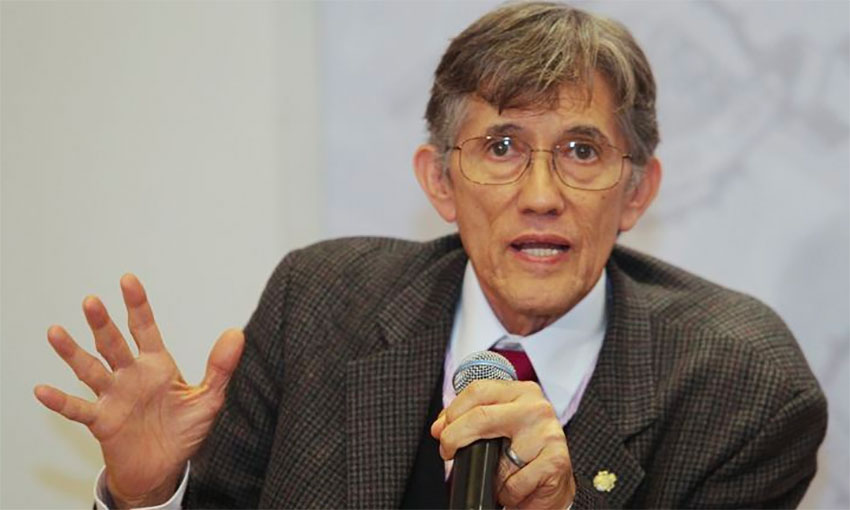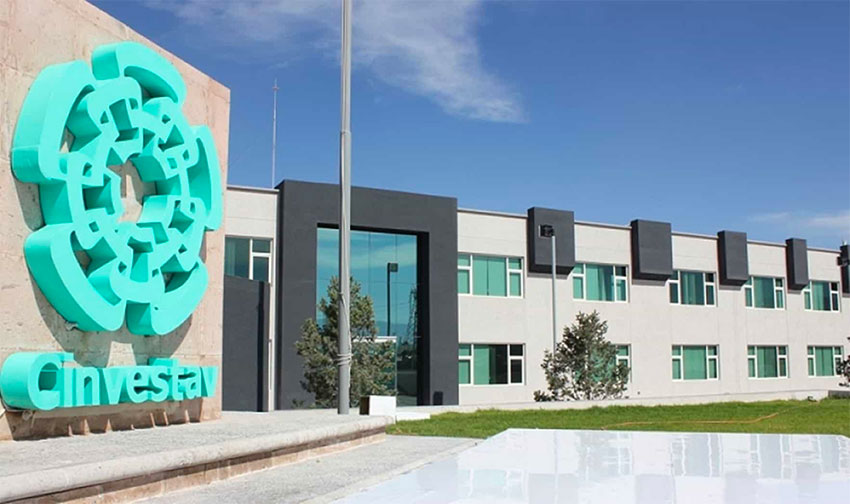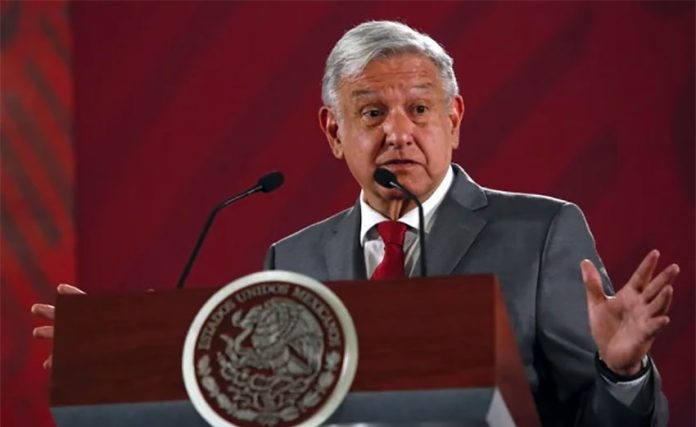Members of the scientific and academic communities have criticized the federal government’s newly-announced budget cuts and hit back at President López Obrador’s claim that they are corrupt and guilty of committing abusive practices.
The Finance Ministry said last week that 75% budget cuts would apply this year to a range of federally-funded institutions including the National Council of Science and Technology (Conacyt), the Center for Research in Teaching and Economics (CIDE) and the Center for Investigation and Advanced Research (Cinvestav).
López Obrador made his corruption allegation against scientists and academics at his morning press conference on Wednesday while attempting to justify the cuts. He said that the cuts won’t affect the operation of the institutions but will help to stamp out corruption and abusive practices.
“Whenever a measure like this is taken they say … ‘the researchers will be left without [money to buy] food.’ … That’s the way it always is in order to maintain the abuse, the cronyism, the nepotism, all the scourges of politics,” López Obrador said.
He charged that researcher are not exempt from committing acts of corruption, asserting that “it’s completely proven” that there were “abuses” at Conacyt.

“Money for medicines was stolen, what more can we say?” López Obrador said.
The president questioned the morality of scientists who have criticized the government’s budget cuts and compared them to the cientificos who advised Porfirio Díaz, the former Mexican president who led the country in a dictatorial manner for more than 30 years in the late 19th and early 20th centuries.
Antonio Lazcano, a biologist at the National Autonomous University, described the cuts and the president’s attack on the scientific community as a surprise, although it’s not the first time López Obrador’s administration has reduced funding for science.
“I think that the government’s current anti-intellectual attitude is absolutely surprising,” he said, adding that it is equally surprising that Conacyt director María Elena Álvarez-Buylla has not spoken out against it.
Lazcano charged that Álvarez-Buylla has become “an ally” of the government’s anti-science “attitudes” rather than a defender of the scientific community.
Speaking at a conference, the biologist said he was unaware of the reason why López Obrador sees scientists in such an unfavorable light and warned that he is dismantling the nation’s “scientific structure,” which was built up over many years.
“A lot of us were astonished when he started to characterize researchers in a completely unfair way, as if we were social parasites enjoying [high] salaries, trips and privileges,” Lazcano said.
For his part, noted archaeologist Eduardo Matos Moctezuma described the situation as “really worrying.”
“The president has made declarations [against the academic community] on other occasions but they now gain strength because of the [budget] cuts the Finance Ministry is ordering,” he said.
Matos, head of the archaeological team that excavated the Templo Mayor site in Mexico City in the late 1970s and early ’80s, said that the National Institute of Anthropology and History (INAH) has already suspended some of its activities as a result of the 750-million-peso (US $33.7-million) budget cut it will face.
Some projects could be canceled, he said, describing the budget cuts as regrettable.
Matos criticized the government for pouring money into its large infrastructure projects, such as the Maya Train and the new Pemex refinery on the Tabasco coast, at the same time as it is taking resources out of science and culture.

“Oil will run out one day, culture won’t,” he said.
Eusebio Juaristi, a chemist who won the National Science Prize in the late 1990s, said the cuts to the educational and research centers, such as CIDE and Cinvestav, will affect both academic staff and students.
There will be minimal if any progress made on research projects without adequate funding, he said.
“I believe that [the impact] will be very serious, not just for the development of the researchers but also for the development of the students,” Juaristi said.
Julieta Fierro, an astrophysicist, said that “taking away … the operational budget – just like that – is a mistake.”
She rejected López Obrador’s claim that the scientific community is corrupt, pointing out that its members are subjected to rigorous evaluation.
“Our students evaluate us, … the journals in which we write evaluate us, … the institutions where we work evaluate us, Conacyt evaluates us, so it would be very difficult for us to be crooks,” Fierro said.
“I don’t doubt that there are people who are but I don’t believe it’s the majority. … Science is very rigorous and in order to have a good salary, evaluations are needed and an evaluation obviously measures the rigor of the research one does,” she said.
Elisa Servín, a historian at INAH, said it was unconscionable that López Obrador is labeling scientists corrupt at a time when they are working to save lives by developing a vaccine against the new coronavirus.
“How is it possible that at a time like this the president says that science is [a pursuit] of the corrupt?”
Source: Reforma (sp), El Universal (sp), Infobae (sp)
